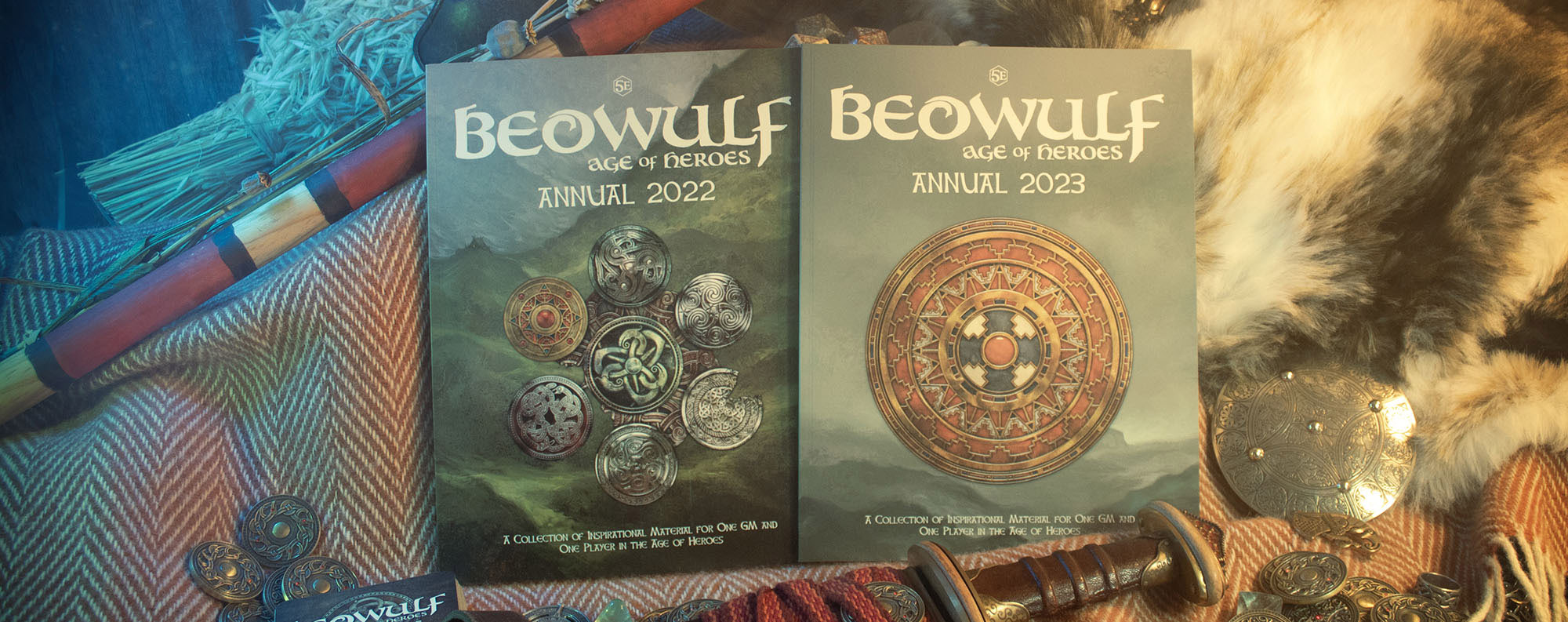The Transcript
Oh, yeah. So I don’t know if we can answer this, but in the game you’ve got your characters, you’ve got your situation. It’s like a scene. What are you doing as a player? What are you manipulating, to make the game work? What do the mechanics do?
If that’s possible to answer in a brief, concise manner?
Yeah. So, like, you play your character most obviously, push for conflict, make the make the mechanics work for you.
Push the conflict so that it shoves the story along in interesting directions you might not have expected. You don’t you don’t be prejudging, matters like, oh, we you know, we want this to happen. You might want this to happen, but that’s maybe what doesn’t happen. So, you know, engage: you’ll have all this stuff that you’ve created, start on the table in front of you, engage with that stuff like, oh, right, we’ve got this antagonist Geisler.
Okay. I want to like, go and find this Kniepe, a bar that we know Geisler in the 1930s, used to be a regular patron of. I wonder if anyone remembers him? Or of there’s anyone who’s met him? Great. That’s a brilliant idea for a scene. Good. Let’s go there. We end up at the Kniepe you know, so you know that that kind of stuff of just really driving things forwards in collaboration with everyone at the table, using the stuff you’ve set up, using the conflict mechanics to drive the story forward and just create interesting, exciting, unexpected moments in the game.
Our playtest totally did not go in the direction anyone ever thought it would, and it just was a brilliant and satisfying story in the end.
Nice. So I take it players. they’re setting, like a goal for what their characters kind of want to achieve? The GM is laying out the territory, if you like, of the scene in a bunch of different ways, and then are you rolling dice to determine how things go?
Yeah. So I mean, in both Hot War and Cold City, all the characters have hidden agendas and these are personal, hidden agendas with some somethings personally driving them and you have in Cold City something called a national hidden agenda, something they’ve been told by their bosses back home to do, generally something that’s going to come in conflict with everybody else.
So you know, the GM, control as they are known, should be looking at these hidden agendas and thinking, okay, how can I push them? You know, if I’m kind of setting up a scene or bringing people in, how can I push the hidden agendas? The players be thinking, okay, how can I advance my hidden agendas and get mechanical benefit from doing that, probably be more successful in a conflict and all that kind of thing.
So yeah, that kind of stuff is is really important. Everything, whether it’s the overarching sense of the Cold War or the breakdown of society after a nuclear war, hidden agendas, trust, who the characters actually are. All these have a mechanical contribution that has outcomes through conflict, and changes the story and changes the characters.

